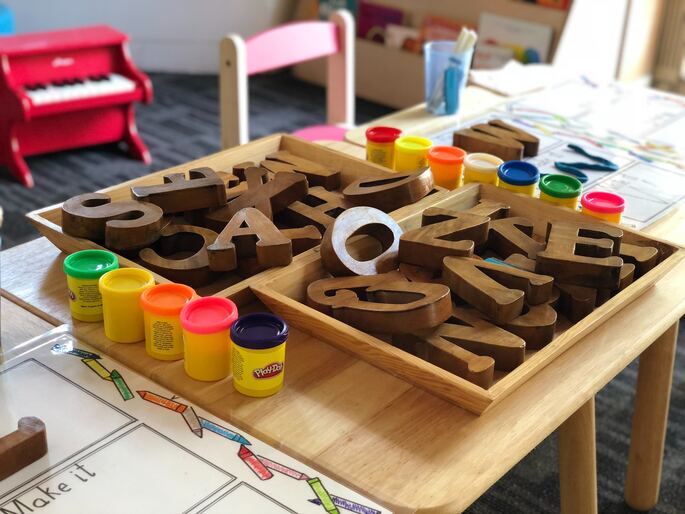When a contractor has a license, it means:
They’re competent
The licensing process tests basic competency as well as ways to screen out dishonest contractors. A valid license is the first indication that your contractor might be qualified to do the job.
They’re backed by the state
Using a licensed contractor allows you to take advantage of a state’s dispute resolution program and any state funds available to help resolve disputes and compensate property owners. To take full advantage of such a program, check that your contractor has a current license for all the work he proposes to do.
If you have a problem with a licensed contractor or tradesman, the state licensing board can be a powerful ally in resolving issues. Get into a dispute with an unlicensed contractor or tradesman and you’re on your own. – http://contractors-license.org/
They can apply for permits
A contractor seeking to pull a building permit must prove to the district that he or she is licensed and insured.
They have insurance and bonding
To obtain a contracting license the contractor must hold the minimum insurance and/or bonding as required by the district. Most states require that contractors demonstrate proof of insurance as part of obtaining a trade license or registering.
Is a license always required?
City, county, and state requirements all differ, so make sure you know what the requirements are for where your home is located. Many states, but not all, require contractors to be licensed and/or bonded. Contact your state or local licensing agencies to ensure the contractor meets all requirements. You should check every time before hiring any type of home improvement professional.
You can use our license verification tool to determine what your state requirements are and to quickly find and verify a license before you hire a contractor. Alternatively, our Homeowner Support Team is available on (855) 494-5972, to answer any questions you have.
More reading about What a General Contractor Can and Can’t Do
Top Photo: Foley & Cox




